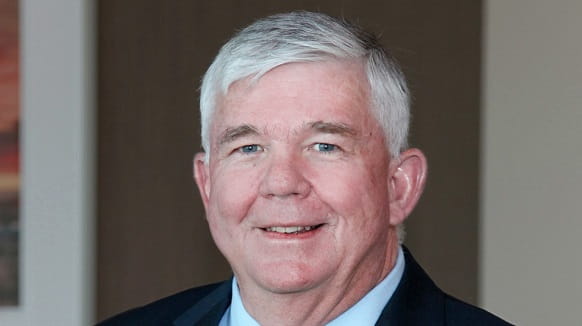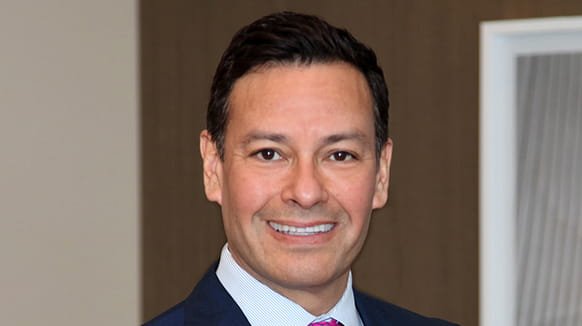When the book is closed on 2019, it will be remembered by many risk managers as the “hardest” insurance market in years. While the effects of a hardening market have been more pronounced in some sectors and magnified for specific coverages, policyholders across the board have experienced increases in premiums, reduced capacity, and more restrictive terms in all lines.
These adverse market conditions have appropriately prompted many insureds to develop new strategies for renewals in 2019 and in the year ahead. Equal attention should be paid to the pursuit of outstanding claims. Effective claims management can not only increase recovery for the policyholder in the short run but may also influence future underwriting and the impact of continued hardening in markets over the coming year. Here are five tips for policyholders to increase recovery of claims in the current hard insurance market.
- Provide Timely Notice Of Claims & Continue To Comply With Policy Terms. Believing that loss history has an impact on premiums at renewal, some policyholders may prefer to withhold notice of some claims from insurers—particularly those believed likely to fall within a policy’s deductible or self-insured retention. Although loss history is undoubtedly an important factor at renewal, broader market conditions are driven by a variety of forces, including capital markets and investment returns. Insureds cannot immunize themselves from the effects of a global shift in insurance markets by withholding notice of claims, particularly when the enhanced underwriting characteristic of a hard market will require disclosure of such claims in any event. Moreover, claims initially thought to be “minor” and likely to fit within a deductible or SIR have a way of evolving into significant losses only after the opportunity to give timely notice has passed. Experience suggests that the best practice is to continue to report all claims on time, evidencing both a transparency and claims management discipline that will have a positive impact on future underwriting.
- Consider & Preserve Subrogation Rights. Sometimes contractual waivers make subrogation impractical. But in other cases, an insurer’s obligations—in both the first-party and third-party context—may be significantly offset by recovery from responsible parties. As a result, an insurer may be willing to pay more to the policyholder if the overall exposure to the insurer can be reduced by contribution from others, including other insurers. A compensating recovery cannot be had, however, without a policyholder that proactively preserves the third-party claim. Care should be exercised to ensure that positions taken in pursuit of responsible parties are in harmony with the insured’s claim for insurance coverage. Assuming proper coordination is maintained, the ability to offer an insurer a valuable subrogation claim can increase the insured’s recovery of policy proceeds, even in a hard market.
- Pursue All Available/Alternative Coverages. As referenced above, while the hardening insurance market is a global phenomenon reaching across all coverage lines, the market is certainly harder in some areas than in others. For example, a huge influx of securities class action lawsuits over the past year, including cases focusing on board-level actions over cyber and the #MeToo risk, have significantly raised the stakes on D&O coverage for many policyholders. While certainly not true in all cases, for a given first-party or third-party claim, there may be more than one policy that could potentially apply. Using the example above, D&O claims involving cyber and #MeToo risks may also implicate network security and privacy liability coverage or EPLI coverage. As between the potentially applicable policies, one coverage may be “harder” than another when it comes to recovery. Under the current market conditions, it has never been more important for policyholders to explore all possible coverages when seeking recovery for claims. For a claim involving a specialized risk, traditional coverages should be examined and not ignored.
- Seek & Take Advantage Of Cut-Through Provisions Where Possible. A “cut-through” provision entitles the policyholder to proceed directly against the reinsurer for payment of covered claims otherwise recoverable by the ceding insurer. Often the right to do so is contingent on the insolvency or inability to pay of the ceding insurer. However, other cut-through provisions are not so limited. Such clauses can provide enhanced security to the policyholder and, subject to terms, another party from whom to pursue recovery. Beyond the protection against insolvency afforded by a cut-through provision, to the extent that conditions in the reinsurance market (particularly with respect to access to capital markets) are more favorable than the primary insurance market, having the ability to pursue recovery directly from a reinsurer may be an advantage under current circumstances.
- Leverage Claims Recovery & Underwriting. By all outward appearances, when it comes to claims and underwriting groups within a given insurer, the right hand does not know what the left hand is doing. But for a sophisticated policyholder, a significant claim provides an opportunity to focus both sides of the house on the common objective of increasing value for the policyholder. Particularly, in a hard market, the existence of a significant disputed claim may provide a basis for compromise entitling the policyholder to more favorable terms at renewal. Alternatively, if negotiated properly, higher premiums in a hard market may be rationalized in support of a greater recovery on a disputed claim. All other things being equal, the coincidence of outstanding claims and a difficult renewal may provide an opportunity to obtain concessions from an insurer that would otherwise be impossible in the absence of one or the other.
If you have any questions about the maximizing insurance claims in a hardening insurance market or about insurance recovery in general, please contact one of Haynes Boone’s Insurance Coverage Practice Group partners listed below.





